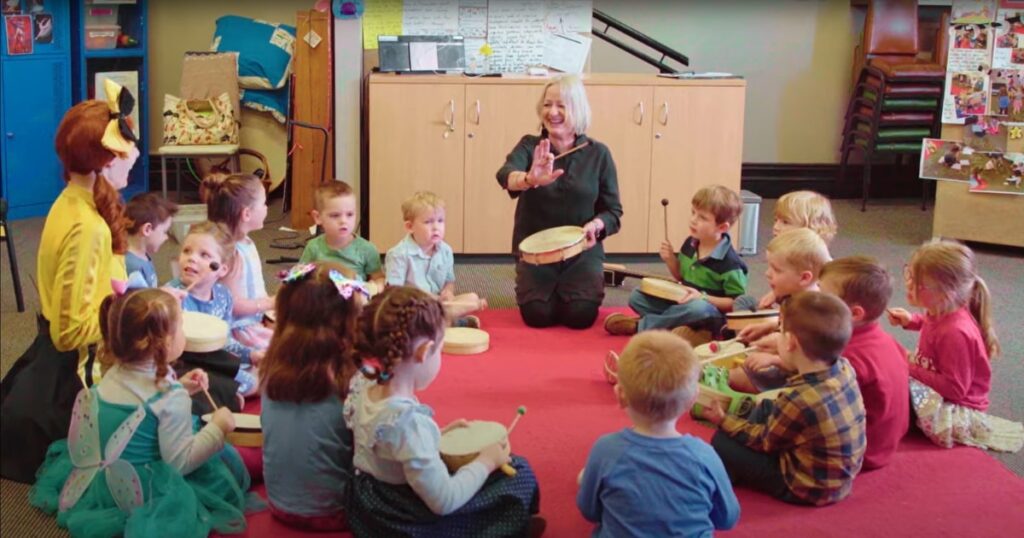
Is Music Important in Early Childhood Education?
February 20, 2024
Music is considered important in early childhood education, as it plays a significant role in supporting the holistic development of the child. Dr Maria Montessori recognized the profound impact of music on children’s cognitive, emotional, social, and physical well-being. Here are some reasons why music is valued in Montessori education:
Cognitive Development:
- Music stimulates various areas of the brain involved in language processing, memory, spatial reasoning, and mathematical skills. Through singing, listening, and playing musical instruments, children develop cognitive abilities such as pattern recognition, sequencing, and auditory discrimination.
Language and Communication:
- Music provides a natural context for language development, as children learn new words, phrases, and rhymes through songs and chants. Music is valued in Montessori education because singing enhances phonological awareness, vocabulary acquisition, and expressive language skills, laying a foundation for literacy.
Emotional Expression:
- Music offers a means for children to express and regulate their emotions safely and creatively. Participating in musical activities promotes emotional awareness, empathy, and self-expression, fostering emotional intelligence and resilience.
Social Interaction:
- Music encourages collaboration, cooperation, and social interaction among children. Group singing, dancing, and playing instruments promote a sense of community, teamwork, and mutual respect. Children learn to listen, take turns, and share in the joy of making music together.
Motor Skills Development:
- Engaging in musical activities such as playing instruments, clapping, and dancing supports the development of gross and fine motor skills. Children strengthen coordination, balance, and dexterity as they move rhythmically and manipulate musical instruments.
Creativity and Imagination:
- Music stimulates children’s imagination and creativity, encouraging them to explore and experiment with sounds, rhythms, and melodies. Improvisation, composition, and creative movement foster a sense of freedom and self-expression, nurturing artistic expression and innovation.
Cultural Awareness:
- Through exposure to a variety of musical styles, genres, and traditions from different cultures and periods, children develop an appreciation for diversity and cultural heritage. Music serves as a window into the rich tapestry of human experience, promoting cultural understanding and respect.
Relaxation and Well-being:
- Music has a calming and soothing effect on children, reducing stress, and anxiety, and promoting relaxation. Listening to calming melodies or participating in musical activities can create a positive atmosphere conducive to learning and emotional well-being.
Incorporating music into the Montessori environment aligns with the principles of providing a holistic education that respects the child’s natural development, interests, and individuality. By integrating music into daily activities and experiences, Montessori educators support children in cultivating a lifelong love for music, creativity, and learning.


